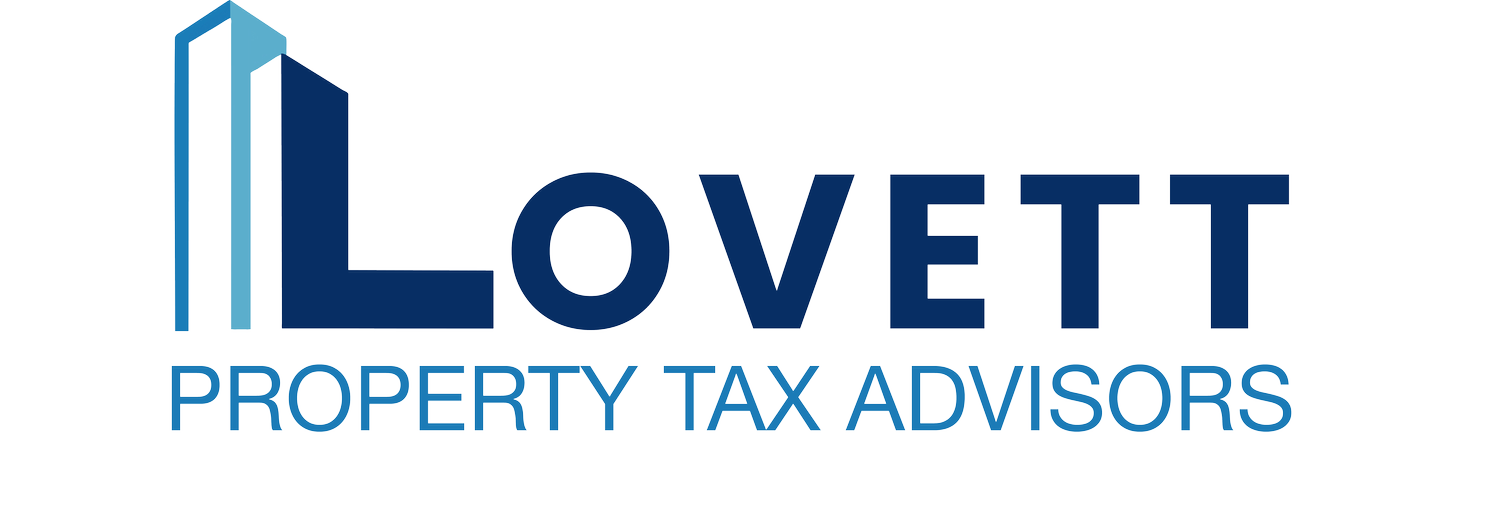Understanding the Role of Tennessee's Board of Equalization in Property Tax Appeals
Introduction:
When it comes to property taxes, understanding the processes and mechanisms involved can be complex and overwhelming. Property owners who believe their assessed values are incorrect or unfairly high have the right to appeal their property tax assessments. In Tennessee, one key player in the property tax appeals process is the Board of Equalization (BOE). In this resource, we will delve into the role of Tennessee's Board of Equalization and shed light on how it operates in property tax appeals.
What is the Board of Equalization (BOE)?
The Board of Equalization is an independent administrative agency tasked with hearing and deciding property tax assessment appeals. It operates at the county level in Tennessee and serves as a quasi-judicial body. The BOE is designed to ensure fairness and equity in the assessment of property values for tax purposes.
Composition and Function:
The BOE consists of a panel of appointed members who are responsible for reviewing property tax appeals. The specific composition of the board may vary from county to county, but it generally includes individuals with expertise in real estate, property valuation, and tax law. These members serve fixed terms and are appointed by local officials or elected bodies.
The primary function of the BOE is to provide property owners with an opportunity to contest their property tax assessments if they believe they are incorrect, unjust, or discriminatory. The board acts as an impartial adjudicator, reviewing evidence presented by both property owners and the county assessor's office.
Appeals Process:
In Tennessee, property owners who wish to appeal their tax assessments must follow a specific process, which typically involves the following steps:
1. Filing an appeal: Property owners must file a formal appeal with the local county assessor's office within a specified timeframe. This generally occurs after receiving the annual notice of assessment.
2. Scheduling a hearing: Once the appeal is filed, the BOE will schedule a hearing date. Both the property owner and the county assessor's office will be notified of the hearing.
3. Presenting evidence: During the hearing, the property owner has the opportunity to present evidence supporting their claim that the property's assessed value is incorrect. This evidence may include recent appraisals, comparable property sales data, or any other relevant documentation.
4. County assessor's response: The county assessor's office will have an opportunity to respond to the property owner's evidence and present its case for upholding the assessed value.
5. BOE decision: After considering all the evidence presented, the BOE will make a decision on the property tax appeal. The board's decision can result in either confirming the assessed value, reducing it, or ordering a reassessment.
6. Further appeals: If either the property owner or the county assessor's office is dissatisfied with the BOE's decision, they may have the option to further appeal to higher-level bodies, such as the State Board of Equalization or local courts.
Importance of the BOE:
The existence of the Board of Equalization is crucial in maintaining fairness and ensuring that property tax assessments are accurate. It provides an independent review process that allows property owners to contest their assessments without resorting to costly legal proceedings. The BOE acts as a checks-and-balances system, safeguarding property owners' rights and preventing potential abuses in property tax assessments.
Conclusion:
Understanding the role of Tennessee's Board of Equalization in property tax appeals is essential for property owners seeking to challenge their tax assessments. The BOE serves as a vital intermediary between property owners and the county assessor's office, providing an impartial forum for resolving disputes. By navigating the appeals process and presenting compelling evidence, property owners can seek fair and accurate property tax assessments. Remember, the BOE is there to ensure the system's integrity and protect property owners' rights, promoting transparency and equity in the property tax assessment process.


